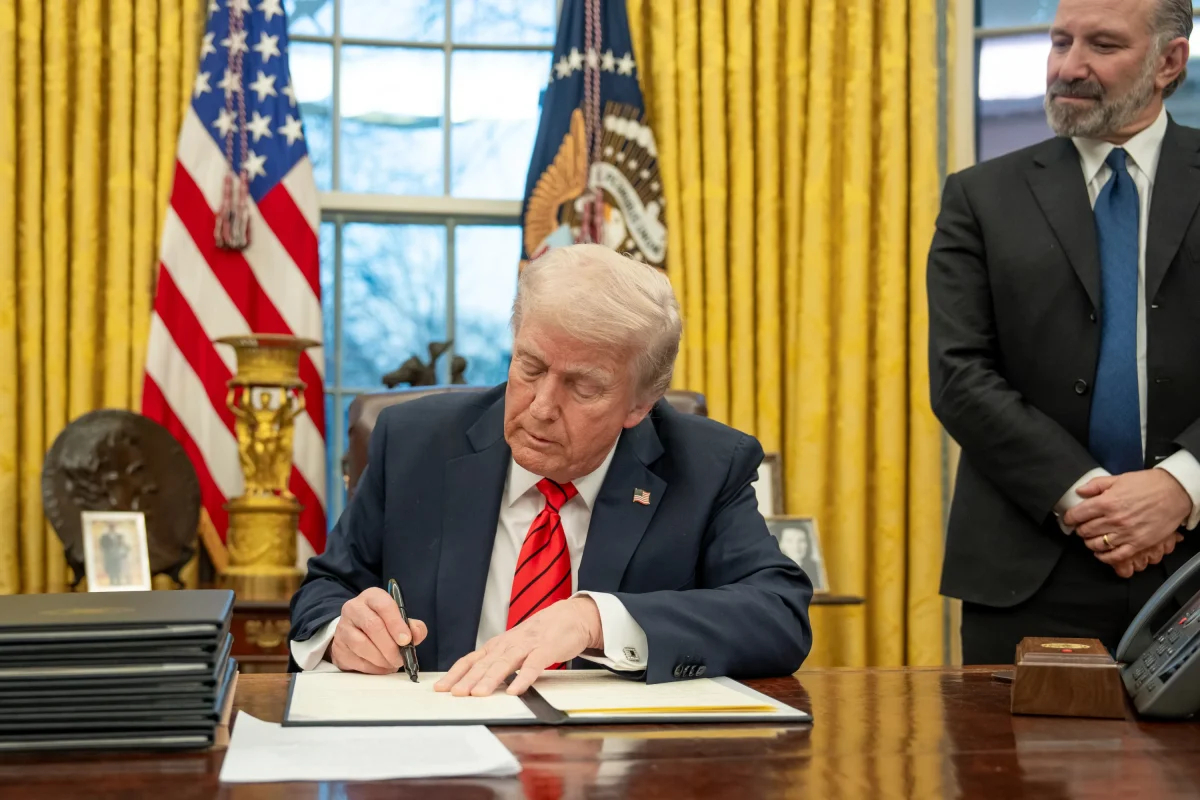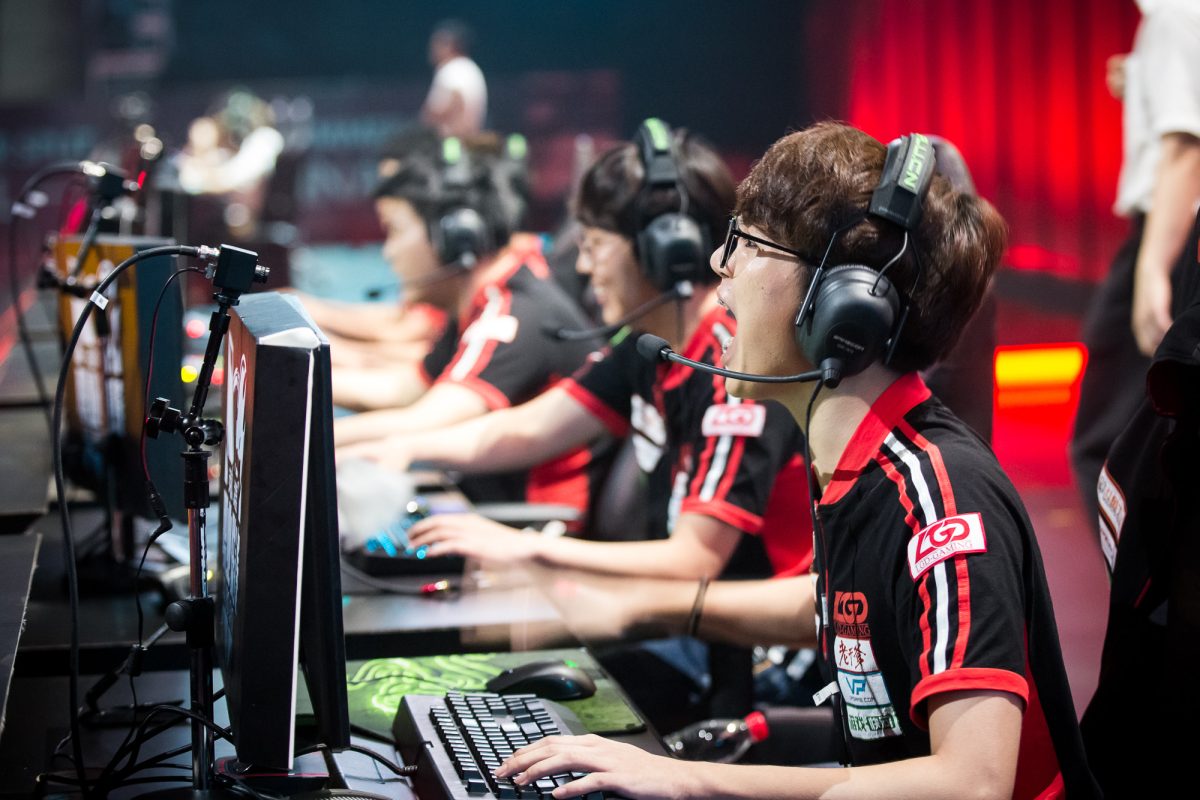South Korea’s conservative president has been unanimously removed from office by the country’s Constitutional Court.
The issue began last December, when President Yoon Suk Yeol, who was elected March 9, 2022, and had served slightly over three years of his five-year term, enacted martial law. The country’s prime minister, Han Duck-soo, has assumed the presidency and will remain in office until there is another election on June 3.
Among the candidates running in the election are Yoon’s former labor minister Kim Moon-Soo, a current independent. Ahn Cheol-Soo, a candidate of the conservative party PPP—which Yoon belonged to—voted against Yoon in the impeachment process, and is also running for president, according to Reuters World News.
Other candidates receiving votes in an April 4, 2025, Gallup Pull include past leader of the PPP Han Dong-hoon, Hong Joon-pyo—the current Daegu mayor—and Oh Se-hoon, the current mayor of South Korea’s capital, Seoul.
The national tide has turned over President Yoon, with the head of the constitutional court asserting that Yoon “shocked the people and caused chaos in all areas including society, economy, politics, diplomacy.”
Some Williston students from South Korea may be hesitant to share their political beliefs, according to Nat Simpson, Spanish Teacher and International Student Coordinator. A few, however, were willing to share their opinions but declined to comment on who they want to be the next president.
Jason Park, a Korean senior at Williston, said he “[did not] know much about [the impeachment of President Yoon] … but noted that “the success of the impeachment demonstrates the power of peaceful protests.”
Junwon Park, a junior from Korea, is extremely enthusiastic about the issue. His parents are both doctors and Junwon raised questions about President Yoon’s handling of medical insurance.
“The inherent problem was that since medical insurance is so well developed in Korea, doctors [who] do stuff that [is] covered by medical insurance don’t earn that much money,” he said. “That’s why Korea is famous for plastic surgery and skin care doctors, something that is not covered by the medical insurance. Instead of addressing that, the president decided that increasing the number of doctors would solve the problem.”
Junwon’s parents almost lost their jobs as a result of President Yoon’s policy increasing the number of doctors in South Korea, he said. Junwon also commented on the nature of a recent reality for democracy in a two-party system.
“The percentage of people who vote for the president because they hate the other party in the U.S. is second, and first is South Korea,” he said. “Could be a reason why we have terrible presidents, because all they can do is talk bad about the other candidate.”
Celebrities were also quick to comment on social media. JK Kim Dong-uk, a K-pop star, was not a fan of the decision, saying the world would “collapse sooner than the world expects” as a result of this decision.
Many Korean citizens took to the streets in the process of Yoon’s impeachment and eventual removal from office. On Saturday, April 6, 2025, President Yoon’s supporters came in the thousands; in late 2024, anti-Yoon protestors totaled 1.1 million.
Protesters have not clashed, but have ignited tensions between conservatives and liberals in South Korea. Growing political polarization in South Korea resulted from a “shifted focus from promoting policies and showcasing competency to fueling animosity between rival parties,” according to a Center for Foreign Relations article, written by Yul Sohn and Won-Taek Kang on February 6, 2025.
Executive power being questioned is not unique to Korea. With President Trump repeatedly accused of overreaching on his powers, an executive’s actions will always be on the news docket. For now, South Korea searches to find a leader. Will the PPP find success and serenity, or will the DPK find a way? All to be answered this summer, as the new leader will face mounting tensions over President Trump’s impending tariffs, most likely to impact the South Korean economy until at least this summer.
Notable world presidents who have been impeached include Andrew Johnson in 1868, Bill Clinton in 1998, and Donald Trump (twice: 2019 and 2021). In South Korea, Roh Moo-hyun in 2004 and Park Geun-hye in 2017 were both impeacted. Former Peruvian President Pedro Castillo was impeached three times: once in 2021, and twice in 2022, and was finally removed from office that same year.





















